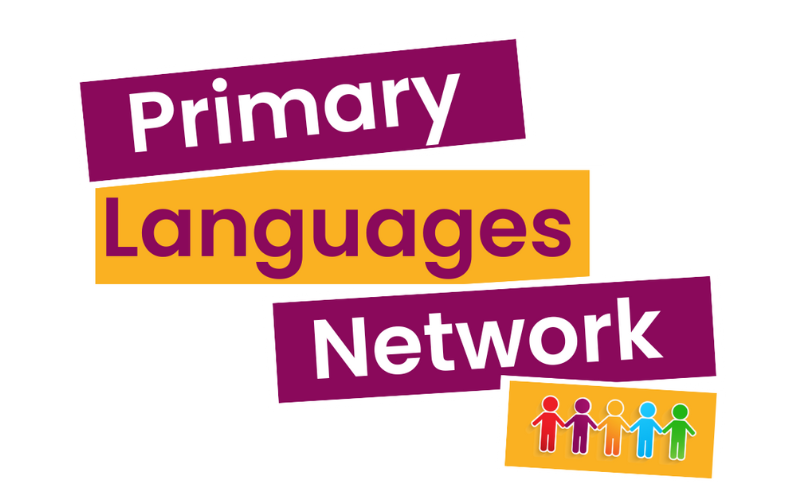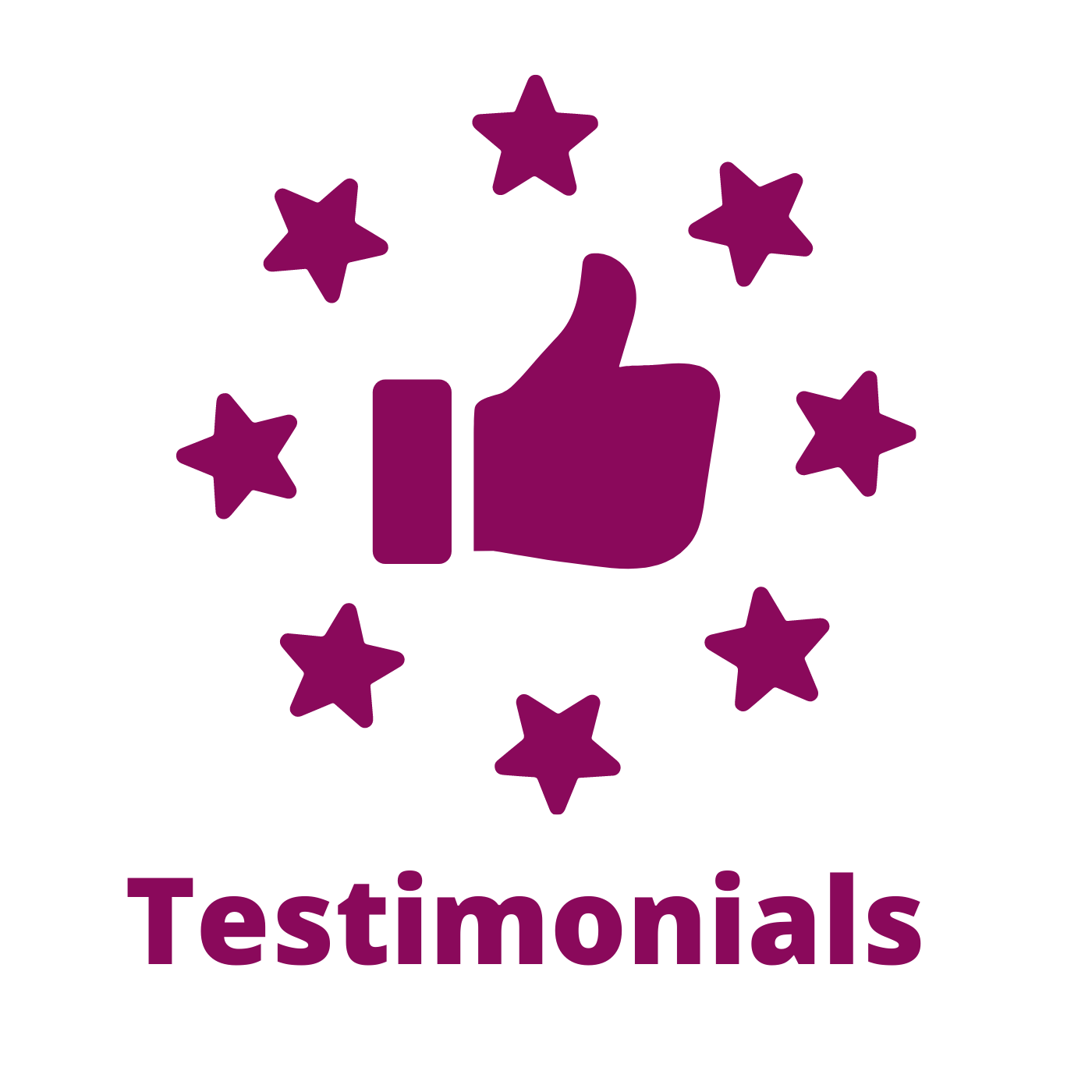This is rapidly becoming one of our frequently asked questions and so here is our FAQs blog post to share ideas on how to address the questions around impact. Primary languages teachers and coordinators want to know more about “impact”. What should schools track ,assess and capture and how to keep,show and share this?
Remember that the new Ofsted framework talks about “triangulation” and how in some subject areas such as foreign languages, pupil voice, lesson observations and talking with teachers and coordinators about progress will be very important. Therefore this blogpost is about showing those who read it the range of tools and approaches we as a service to a wide range of schools can offer .Schools then need to make the right choices for their own settings .
In this blogpost the following frequently asked questions will be addressed:
What tools are available to gather evidence and track and assess progress in our network?
What informal ways can we evidence, gather and show impact in primary languages learning?
What does the impact of effective teaching and learning look like across an academic year and for different stages and abilities of learners?
How do I share the impact of progress in sound spelling?
How can I evidence participation and progression in the understanding of prior learning or familar language listening activities?
How can I evidence successful participation and understanding in games we play in class?
How can I share that impact of learning from one year is shared amnd celebrated with the class teacher in the following year?
How can I demonstrate the impact and the progress we are making in speaking?
How can I create meaningful opportunties to capture and record independent writing?
How can I evidence progress in the understanding of grammar and the impact and enjoyment in grammar focused activities?
Before reading through this post you may find our “Ofsted ready?” blogpost useful too.
Should you be Primary Languages Network members,you have access to the “Ofsted Ready Chart” (resources,links and guidance).It’s on the Premium Members dashboard.
What tools are available to gather evidence and track and assess progress in our network?
Members of Primary Languages Network already have tools to track and assess progress of learning.
Here are some of these.
Have you seen the Planning Charts, Puzzle It Outs, AfL clouds,User Files and NEW this year-half termly Concept Cards to capture understanding of that sticky knowledge?.
Feedback tells us that the class tracking sheets are really useful.Staff complete them half termly and coordinators and teachers can use these when asked to talk about progression in the language learning of a class or a year group.
Anecdotally we know that coordinators like to take these updated sheets with them to discussions with SLT and governors. as they are ideal prompts and useful sources of information about the impact that teaching and learning of languages is having in the actual classrooms.
We hope that the NEW resource this year , the Stage or Year Group Tracking Booklets, will make the process above even easier. Impact can be referred to and reviewed to guide next steps.
What informal ways can we evidence, gather and show impact in primary languages learning?
Data doesn’t show vivid impact!
Impact is about what actually takes place and the progress of the learner. Children’s voice and interviews can often be witness to this. Don’t gather evidence for evidence sake. Most evidence of impact will be in the real work that children do across listening, speaking, reading and writing. As already mentioned triangulation in primary languages is very important, as it is quite difficult to capture listening and speaking. Over the last nine years we have found ways to do this that are successful. It’s so important that children’s understanding of what they do and how they do this and why this is important is built up over time.”Talk” in the classroom and tools that we share below help you to achieve this in your everyday teaching and learning in primary foreign languages.
Firstly we must flag up your school’s userfiles on the virtual learning environment of Primary Languages Network..
A unique area,the Userfiles area, on the Primary Languages Network VLE allows schools to jave class profile folders. The class and the teacher has ownership of this and teachers can upload evidence of progress and build clear illustrations of the positive impact of language learning during the academic year, a series of years and across Key Stage 2.
On the landing page for every focus in the French,German,Spanish BeCreative Schemes of Work there are two really important guidance power points:“What’s in this unit?” and “Examples of Work”.The examples and resources here can help school decide what “impact” evidence can be collected:
“What’s in this unit?” guides teachers through the coverage,resources and language skills practised.
“Examples of Work” shares real “network” outcomes with everyone in the “network”.
Anecdotally we know that this year some MFL coordinators are asking for” 5 minute sharing time” at half termly or termly staff meetings to look at “Examples of Work” and “What’s in this Unit” and to plan for potential impactful learning and ways for class teachers to capture this.
What does the impact of effective teaching and learning look like across an academic year and for different stages and abilities of learners?
Last year ,a series of four blog posts , available to everyone, members or not of Primary Languages Network, evidenced impactful learning as it happened across the academic year in some of our 400 plus primary schools.Take a look here: Making progress 4 . (This post has links to the three previous posts too.)
As can be seen above,impact is often evidenced in childrens books with dates and learning objectives and teacher feedback.
Don’t forget that children’s workbooks and logs are a valuable resource here..
Below are solutions, we already see in the network ,to frequently asked questions about what and how to gather evidence of impact.
Some of the questions refer to listening,speaking and grammar which teachers can find tricky to evidence.
How do I share the impact of progress in sound spelling?
Our NEW Concept Cards were trialled last year by Robert, who created them, and you can see below, how he used these in early Autumn 2018 with his beginner Year 3 Spanish learners. These are now on the French and Spanish planning pages of each KS2 year group for network members to use.
How can I evidence participation and progression in the understanding of prior learning or familar language listening activities?
How can I evidence successful participation and understanding in games we play in class?
We love the way teachers have taken photos of the games created by children and also collated childrens participation in games as a PicCollage class photo.
How can I share that impact of learning from one year is shared amnd celebrated with the class teacher in the following year?
Here is a great idea. It’s a class display, created at the end of one year and put up in the following year’s classroom.It shows the children have built up a bank of language to describe themselves and supports the new teacher, as he/she revisits prior learning and plans for progression..
How can I demonstrate the impact and the progress we are making in speaking?
Why not take a photo and keep a written record ( a tweet maybe) or video of the chidren as part of the lesson activities or plan to use APPS to record the children, reading aloud or independently speaking?
You need to follow this up at different stages of the school year and create new evidence which will help you to keep a record of the progress being made.
How can I create meaningful opportunties to capture and record independent writing?
This could be a photo of children air writing or single words for a class display with beginner learners.
Later in the learning journey, our PLN “messages in a bottle”, run throughout the two years of UKS2 and enable teachers to capture actually what children can write and how they can use simple target language and sentence structure.
The end of year transition activity“packing our suitcases/transition in a suitcase“ can be used from early KS2 and lead to independent extended writing in UKS2. This evidence, just like a suitcase, can be put in to next year’s userfiles and “taken” with each class and child to the next year.
Don’t forget photos are powerful .Snapshots in time.It could also be as simple as a photo of a mini white board or a rough draft.This impromptu evidence is just as impactful as a planned for activity to capture impact.
How can I evidence progress in the understanding of grammar and the impact and enjoyment in grammar focused activities?
We recommend “hands on” grammar. Physical grammar.
Photos are a great record of exactly what learning has taken place in these activities.
Here are three of our favourites.
Hands up card game with indefinite articles and genders of nouns (Year 3/Stage !)
Revisiting nouns and indefinite articles and playing a class game of limbo dancing (end of Y4 )
Building sandcastle sentences and crearting a memorable display .In this instance there is a focus on the conjugation of a present tense regular verb too.
Should you want to know more or have any queries about how to evidence, store and share the impact of primary language learning in your school, then please get in touch via our contact form.
Plus you can book a virtual tour of the PLN VLE and how it can help your school as you make progress in primary language learning here. Virtual Tour Request























![2019-09-10 09_00_26-PowerPoint Slide Show - [MFL priority problem.pptx].png](https://images.squarespace-cdn.com/content/v1/556c715ce4b09e217791b6fb/1568106659068-5SHR4I6EIRVOPG5UX6A5/2019-09-10+09_00_26-PowerPoint+Slide+Show+-+%5BMFL+priority+problem.pptx%5D.png)


































